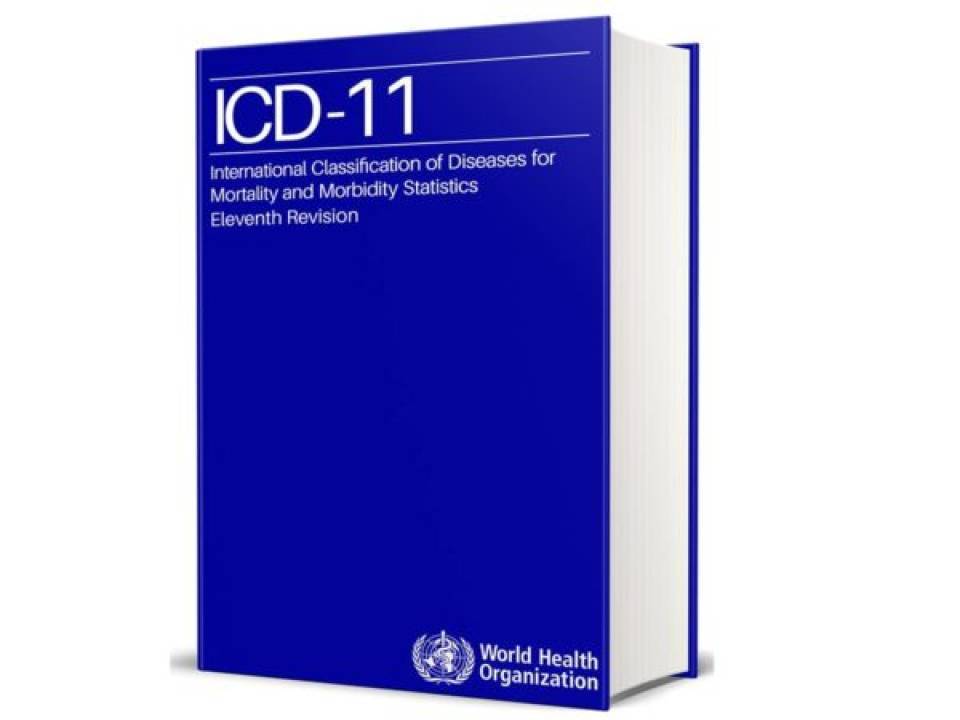Diagnosis of Chronic Fatigue Syndrome
The first point is to recognise when people present the symptom of fatigue. But what is it? Fatigue is the inability to perform physical or neurocognitive activities beyond the person’s will. It is important to differentiate it from other symptoms such as generalised weakness, despondency, apathy, loss of strength, paralysis or muscle weakness. The fatigue can be acute (less than 15 days) or chronic (for at least 6 months).
If a patient has fatigue for at least 6 months (chronic), then the diagnostic criteria are applied to determine whether or not they have chronic fatigue syndrome. These clinical criteria are very sensitive and specific to this illness. Unfortunately, there are no analytical or imaging markers that can be used to diagnose chronic fatigue syndrome.
Diagnostic criteria of chronic Fatigue Syndrome
There is currently no test available to identify whether a person has chronic fatigue syndrome. Although this condition can be difficult to diagnose, there is a clear need for some diagnostic criteria to guide doctors at the time of diagnosis.
These criteria were first defined in 1989 and have been modified several times since then, often with different suggestions. Current recommendations issued by the World Health Organization (WHO) are called the Fukuda criteria. The patient is diagnosed with chronic fatigue syndrome if:

Clinically evaluated, unexplained persistent (for at least 6 months) or relapsing chronic fatigue that is of new or definite onset (i.e., not lifelong), is not the result of ongoing exertion, is not substantially alleviated by rest, and results in substantial reduction in previous levels of occupational, educational, social, or personal activities. derable de les activitats ocupacionals, educacionals, personals o socials.

They do not present any other pathologies that could be the cause of chronic fatigue.
The patient must simultaneously present 4 or more of the following 8 signs/symptoms, and all of them must persist or recur for at least 6 months after the onset of fatigue:

Impairment of the short-term memory or concentration

Sore throat

Multi-joint pain without arthritis (no swelling or redness)

Muscle pain >

Severe headache

Unrefreshing sleep

Post-exertional malaise lasting more than 24 hours

Swollen and tender lymph nodes (adenopathy).
How do you know a patient does not have other illnesses that could be causing chronic fatigue?
Before diagnosing chronic fatigue syndrome, the doctor must record a detailed medical history, perform a complete physical examination and request laboratory tests to rule out:
- any medical condition that may course with extreme fatigue, such as hypothyroidism, lupus, sleep apnea and obesity;
- the use of medicines or illegal drugs that may cause fatigue;
- past or current disorders, such as depression, eating or psychiatric disorders;
To eliminate all possibilities, the doctor may also advise the patient to visit a therapist, why? Because it is important to gather any information about how the symptoms of fatigue could be affecting the person’s mental health, their personality, memory, ability to concentrate and outlook on life.
Grades of impact
Not all patients with chronic fatigue syndrome are affected to the same degree. In fact the same person can experience fluctuations in the severity of the condition. There is no unique method for measuring the grade of functional impact. The Chronic Fatigue Syndrome Unit at the Hospital Clínic in Barcelona proposed a widely accepted functional impact scale that grades the illness from mild to severe.
(Grade I) – Mild. The patient’s overall activity is reduced to less than half of their pre-CFS level.
(Grade II) – Moderate. Patient confined to home and activities are reduced to a third of their pre-CFS level.
(Grade III) – Severe. Predominantly bedridden. Inability to carry out even the least of sustained activities.
Substantiated information by:

Published: 20 February 2018
Updated: 20 February 2018
Subscribe
Receive the latest updates related to this content.
(*) Mandatory fields
Thank you for subscribing!
If this is the first time you subscribe you will receive a confirmation email, check your inbox


